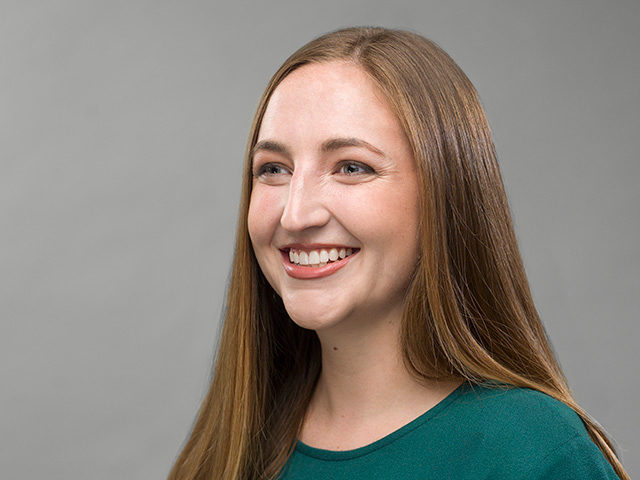Planned giving—those two words conjure up images of lawyers, accountants and stacks of legal documents. What many of us don’t realize is just how simple it can be to designate a portion of our estates to a cause we wish to nurture. Several kinds of assets can be designated for the community even without getting your attorney involved:
Retirement plan: Retirement assets are among the highest taxed assets in any estate, making them a great candidate for charitable bequests. By designating a portion or all of your retirement plan for charitable purposes, you can decrease the estate tax burden on your family and increase the impact of your gift.
How: Request a copy of the Change of Beneficiary Form from your IRA or retirement plan administrator. After completing and submitting the form, provide a copy to the Community Foundation.
Life insurance: By designating the Community Foundation as a partial or full beneficiary of an existing policy, you will retain ownership of the policy, but any policy proceeds distributed to the Community Foundation will be exempt from estate tax and create a wonderful legacy at comparatively low cost.
How: Contact your life insurance company to request a Change of Beneficiary/Ownership Form. After completing and submitting the form, provide a copy to the Community Foundation.
Cash and Bank Accounts: The liquidity and flexibility of cash make bank accounts one of the easiest assets to consider when it comes to estate planning. Cash is considered part of your taxable estate and will be subject to federal and state estate taxes.
How: Many bank accounts offer a transfer on death designation, allowing you to name a beneficiary and avoid probate.
Health Savings Account (HSA): If you would like to continue to enjoy the tax-free compounding benefits of an HSA, but want to ensure the balance does not become taxable income upon death, consider naming the Community Foundation to receive the taxable income.
How: Ask your Health Savings Account provider for a Change of Beneficiary Form. After completing and submitting the form, provide a copy to the Community Foundation.
If you would like the Community Foundation to receive a portion of these assets, simply list “Grand Rapids Community Foundation” or a specific fund at the Community Foundation as the beneficiary on the aforementioned forms. For a listing of all fund options, visit giftoptions.
As always, a member of our development team is pleased to answer any questions you have about a planned gift--you can contact us at 616.454.1751
